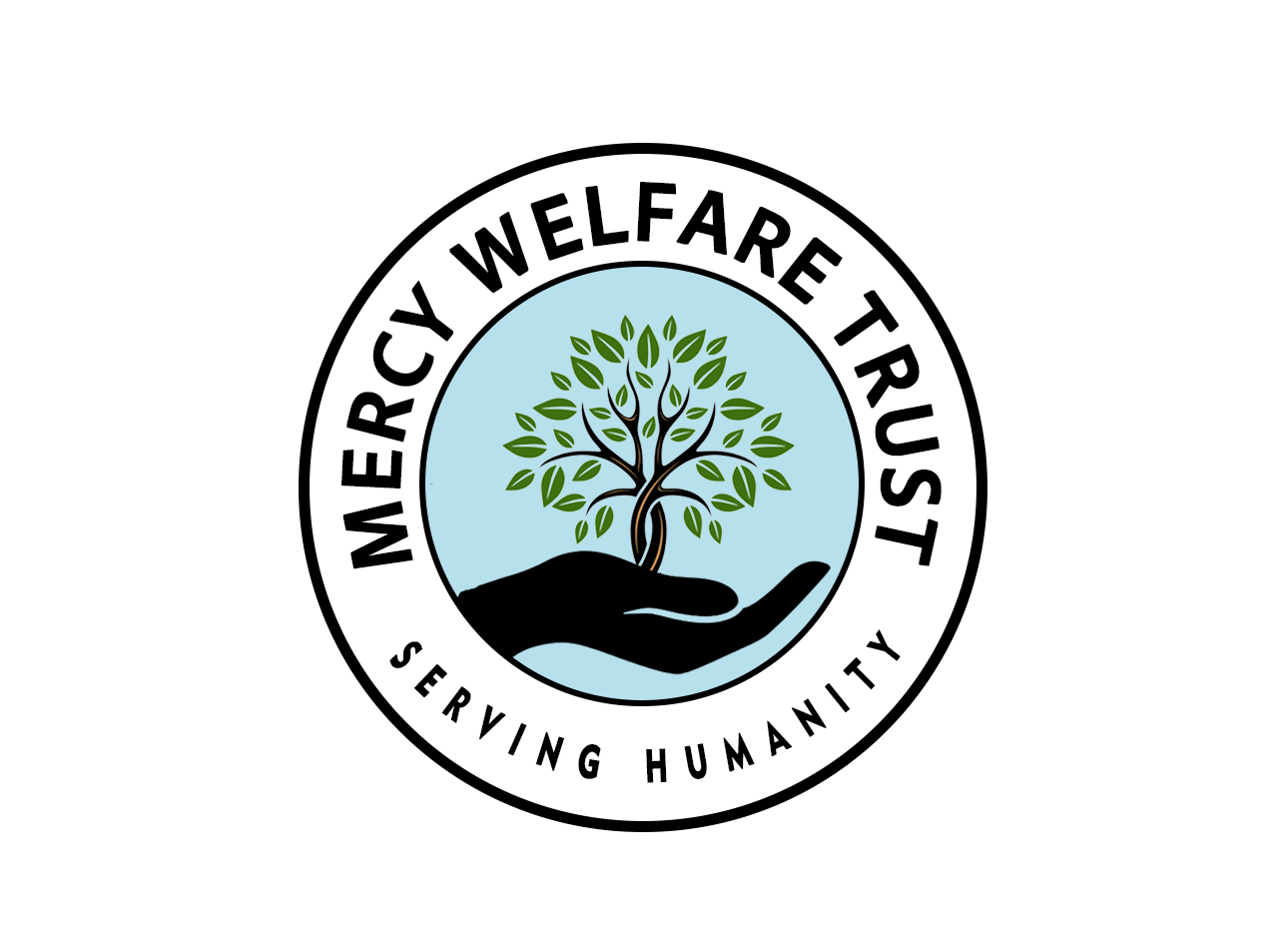T

Fragments of creativity
The word Lillah comes from the Arabic phrase “Li-llah”, which means “for Allah”. It refers to any voluntary charity given purely for the sake of Allah (SWT), without seeking anything in return—neither worldly recognition nor personal benefit. Lillah is a powerful expression of sincerity, devotion, and selflessness. It is given to support good causes that bring benefit to others, for the pleasure of Allah alone.
Lillah is not limited to a specific amount or time—it can be given at any point during the year and can be directed towards a wide range of charitable activities, such as:
The primary condition of Lillah is that it must be given voluntarily, with a pure intention, and for a cause that is halal (permissible) in Islam. Unlike Zakat, which has strict rules on who can receive it and is an obligatory pillar of Islam, Lillah is not bound by such conditions. It can be used more flexibly, but it must always serve the purpose of pleasing Allah and benefiting His creation.
The Everlasting Rewards of Sadaqah Jariyah
The Prophet Muhammad (peace be upon him) said:
“When a man passes away, his good deeds will also come to an end, except for three: Sadaqah Jariyah (continual charity), (religious) knowledge from which others benefit, or a virtuous child who prays for one (for the deceased).”
(Sahih Muslim)
This profound Hadith teaches us that although life is temporary, some actions have lasting rewards that continue to benefit us even after death. Among these is Sadaqah Jariyah, or ongoing charity—a form of giving that continues to help people over time, long after the original act has been carried out.
Examples of Sadaqah Jariyah include:
- Donating towards the construction of a mosque or school
- Funding a water well in a drought-stricken area
- Distributing Islamic books or Qur’ans
- Supporting a scholarship program for Islamic learning
- Planting a tree that provides fruit or shade
When someone benefits from these acts—even years later—the donor continues to receive rewards in their grave and beyond. It is an investment in the Hereafter, and a way to leave a legacy that lives on through good deeds.
How Lillah and Sadaqah Jariyah Intersect
Lillah can also be classified as Sadaqah Jariyah when the donation is used for long-term benefit. For example, if someone donates Lillah towards the building of a school or hospital that will serve the community for years to come, then that Lillah becomes a Sadaqah Jariyah—a continuous charity that earns rewards even after the donor has passed away.
The difference lies not in the amount or form of the donation, but in the intention and impact. When Lillah is given to support causes that have lasting effects, it transforms into a charity that keeps multiplying in reward.
The Spirit of Giving
The essence of Lillah is rooted in Tawheed (belief in the Oneness of Allah) and Ihsan (excellence in worship and conduct). It is a manifestation of our faith and trust in Allah, as we give without expectation from others and without seeking recognition. True believers give quietly and consistently, knowing that Allah is fully aware of their actions and will reward them abundantly.
“The example of those who spend their wealth seeking Allah’s pleasure and to strengthen their souls is like a garden on high ground which is hit by heavy rain – it yields double its produce…”
(Qur’an 2:265)
This verse illustrates how giving for the sake of Allah—like Lillah—leads to abundant blessings, both in this world and the next. It cultivates generosity, purifies the heart, and uplifts entire communities.

